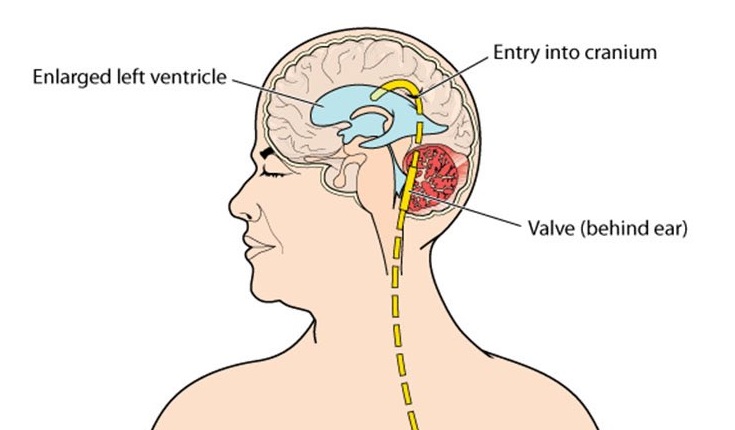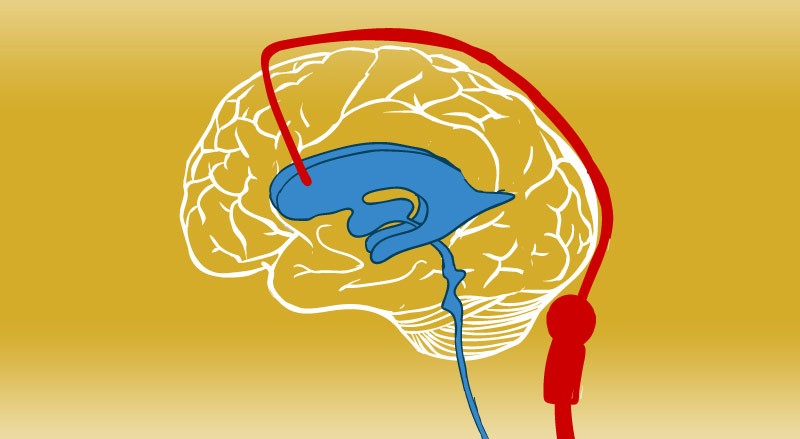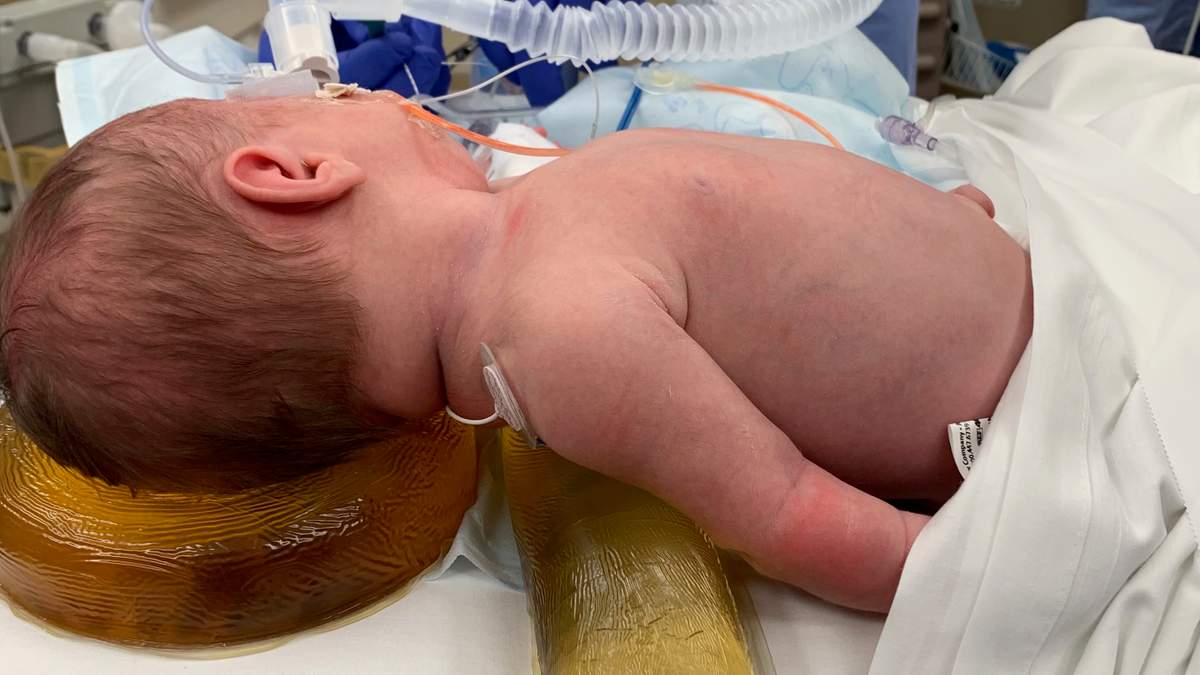Additional Credit
Among the important extras we offer as part of the Additional Credit are the following:
-
Site Tourism For The Patient & Attendant
-
Airport Pick & Drop Service
-
Ambulance service at airport
-
Priority appointments with The Doctor
-
Cancel Easily Anytime with Full Refund
-
Room Upgradation
-
Free Online Doctor Consultation Valued at USD 20
-
Free hotel Stay for 5 to 7 days Accordingly
-
Welcome Kit at Arrival
-
Interpreter
-
Medical Visa Assistance
What is Included?
- Doctor consultation charges
- Lab tests and diagnostic charges
- Room charges inside hospital during the procedure
- Surgeon Fee
- Cost of implant
- Nursing charges
- Hospital surgery suite charges
- Anesthesia charges
- Routine medicines and routine consumables (bandages, dressings etc.)
- Food and Beverages inside hospital stay for patient and one attendant.
What is not Included?
- Extra Radiology Investigations
- Healthcare Professionals Charges of other consultations.
- Other Requested Services such as Laundry etc.
- Additional Pharmaceutical Products and Medicines After Discharge from Hospital.
- Management of Conditions Unrelated to Procedures or Pre-Existing.
- The cost of any additional implants will be in addition to the package cost.
Package Description
VP Shunt
Ventriculoperitoneal shunting is a procedure that removes excess cerebrospinal fluid (CSF) from the brain's cavities (ventricles) (hydrocephalus). This operation is performed under general anaesthesia in the operating room. To drain excess cerebrospinal fluid, a tube (catheter) is delivered from the cavities of the head to the abdomen (CSF).
Disease Overview:
Hydrocephalus
The collection of fluid in the cavities (ventricles) deep within the brain is known as hydrocephalus. The extra fluid expands the ventricles, which exerts pressure on the brain.
The brain and spinal column are generally bathed in cerebrospinal fluid, which circulates via the ventricles. However, excessive cerebrospinal fluid pressure, which is linked with hydrocephalus, can damage brain tissues and cause a variety of brain function disorders.
Hydrocephalus may strike anybody at any age, however it is more common in newborns and individuals aged 60 and up. Hydrocephalus can be treated surgically to restore and maintain normal cerebrospinal fluid levels in the brain. Managing symptoms or issues caused by hydrocephalus frequently necessitates a variety of treatments.
Disease Signs and Symptoms:
The signs and symptoms of hydrocephalus differ depending on the age at which it first appears.
Infants
In babies, common indications and symptoms of hydrocephalus include:
- Alterations in the brain
- A bulging or tight soft patch (fontanel) on the top of the skull An exceptionally enormous head A fast growth in the size of the head
Symptoms and physical indicators
- Vomiting and nausea
- Sluggishness or sleepiness (lethargy)
- Irritability
- Unhealthy eating habits
- Seizures
- Downward-looking eyes (sunsetting of the eyes)
- Muscle tone and strength problems
Children of all ages, including toddlers and older children
Signs and symptoms in toddlers and older children may include:
Symptoms and physical indicators
- Headache
- Double eyesight or hazy vision
- Eye motions that are abnormal
- Sleepiness or sluggishness Sleepiness or sluggishness in a toddler
- Vomiting or nausea
- Unstable equilibrium
- Coordination issues
- Appetite problems
- Bladder control problems or frequent urination
- Changes in behaviour and cognition
- Irritability
- Personality shifts
- School performance is deteriorating.
- Delays or difficulties with previously learned tasks like walking or talking
Adults in their twenties and thirties
The following are common indications and symptoms in this age group:
- Headache
- Sluggishness
- Coordination or balance problems
- Urinary incontinence or a frequent need to urinate
- Problems with vision
- Memory, focus, and other cognitive abilities decline, which may have an impact on work performance.
Adults in their latter years
The following are the most prevalent indications and symptoms of hydrocephalus in individuals aged 60 and up:
- Urinary incontinence or a frequent need to urinate
- Loss of memory
- Other thinking or reasoning skills are gradually deteriorating.
- Difficulty walking, which is typically characterised as a shuffling stride or a stuck feeling in the feet.
- Coordination or balance issues
Disease Causes:
An imbalance between the amount of cerebrospinal fluid generated and the amount absorbed into the circulation causes hydrocephalus.
Cerebrospinal fluid is generated by the tissues that line the brain's ventricles. It travels through interconnected channels in the ventricles. The fluid ultimately finds its way into regions around the brain and spine. Blood arteries in tissues on the surface of the brain absorb the majority of it.
Cerebrospinal fluid is vital for brain function because it:
- Allowing the comparatively hefty brain to float within the skull by keeping it buoyant.
- To protect the brain from harm, it is cushioned.
- Getting rid of waste materials produced by the brain's metabolism
- Flowing back and forth between the brain cavity and the spinal column to maintain a constant pressure within the brain — compensating for fluctuations in brain blood pressure.
One of the following causes too much cerebrospinal fluid in the ventricles:
Obstruction. A partial obstruction of the flow of cerebrospinal fluid, either from one ventricle to another or from the ventricles to other regions around the brain, is the most prevalent condition.
Absorption is poor. A issue in absorbing cerebrospinal fluid is less prevalent. This is frequently linked to inflammation of brain structures as a result of illness or injury.
Overproduction. Cerebrospinal fluid is occasionally produced faster than it can be absorbed.
Disease Diagnosis:
The following factors are commonly used to make a diagnosis of hydrocephalus:
- Your responses to the doctor's signs and symptoms questions
- A complete physical examination
- An examination of the nervous system
- Tests of the brain
- Examination of the nervous system
The sort of neurological exam a person receives is determined on their age. In the office, the neurologist may ask questions and do basic tests to assess muscle condition, mobility, well-being, and the functioning of the senses.
Imaging of the brain
The following imaging studies can aid in the diagnosis of hydrocephalus and the identification of the underlying causes of the symptoms:
Ultrasound. Because it is a reasonably easy and low-risk technique, this test is frequently used for an initial screening of neonates. The ultrasound equipment is positioned over a soft region on the top of a baby's head called the fontanel.
During standard prenatal checkups, ultrasound may diagnose hydrocephalus before delivery.
MRI. This technique creates comprehensive pictures of the brain using radio waves and a magnetic field. Although this test is harmless, it is loud and demands that you lie motionless.
Excess cerebrospinal fluid can create enlarged ventricles, which can be seen on MRI images. They can also be utilised to figure out what's causing the hydrocephalus or what's causing the symptoms.
Some MRI scans may need minor anaesthesia in children. Some facilities, on the other hand, employ a quick variant of MRI that doesn't require sedation.
CT scan is a type of x-ray. Cross-sectional pictures of the brain are obtained using this specialist X-ray technique. Scanning is rapid and painless. However, because this test necessitates laying motionless, a youngster is frequently given a light sedative.
CT scanning gives less detailed pictures than MRI and involves a tiny level of radiation exposure. CT scans for hydrocephalus are typically reserved for urgent situations.
Disease Treatment:
Hydrocephalus can be treated with one of two surgical procedures.
Shunt
The surgical implantation of a drainage system, known as a shunt, is the most frequent therapy for hydrocephalus. It's made up of a long, flexible tube with a valve that maintains brain fluid flowing in the appropriate direction and at the right pace.
The tube is normally inserted into one of the brain's ventricles on one end. The tube is then tunnelled through the skin to a different portion of the body, such as the belly or a heart chamber, where the extra fluid may be absorbed more easily.
Hydrocephalus patients typically require a shunt system for the remainder of their lives. They must be monitored on a regular basis.
Third ventriculostomy (endoscopic)
For certain patients, endoscopic third ventriculostomy is a surgical technique that can be used. The surgeon examines the interior of the brain using a tiny video camera. To let cerebrospinal fluid to drain out of the brain, your surgeon cuts a hole in the bottom of one of the ventricles or between the ventricles.
Surgical complications
Both surgical treatments have the potential to cause problems. Because of mechanical issues, blockages, or infections, shunt systems can stop draining cerebrospinal fluid or regulate drainage poorly. Ventriculostomy complications include bleeding and infections.
Any failure needs immediate treatment, surgical modifications, or other measures. A fever or return of the previous hydrocephalus symptoms should necessitate a visit to your doctor.
Information related to Treatment
Package Details
Days in Hospital
4 Days
Days in Hotel
*
17 Days
Room Type
Private
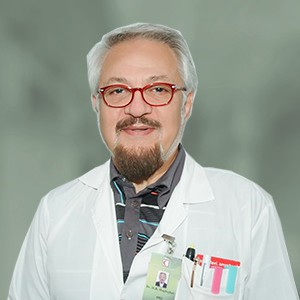
Treating Doctor
Dr. Hamid Reza Haghighat
Neurologist- Peripheral nerve, Spinal Cord Injury, Alzheimer Specialist, Nerve Tumor Surgery, Epilepsy Specialist, Headaches, Stroke Intervention, Inflammtory diseases of the Nervous System, Nerve and muscle diseases, Dural arteriovenous fistulas (DAVFs) of the brain and spinal cord, Spinal Cord cancer
Iranian Hospital, Dubai Dubai, United Arab Emirates
29 Years of Experience
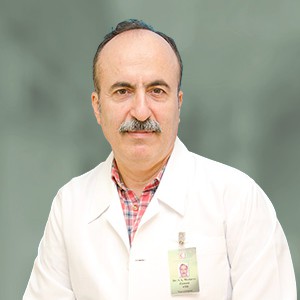
Treating Doctor
Dr. Seyed Ali Modares Zamani
Neuro surgeon- Spine Surgery, Spine Surgery, Spine Surgery, Endoscopic Cranial Surgery, Spine Surgery, Spine Surgery, Neurocysticercosis, Spine Surgery
Iranian Hospital, Dubai Dubai, United Arab Emirates
27 Years of Experience
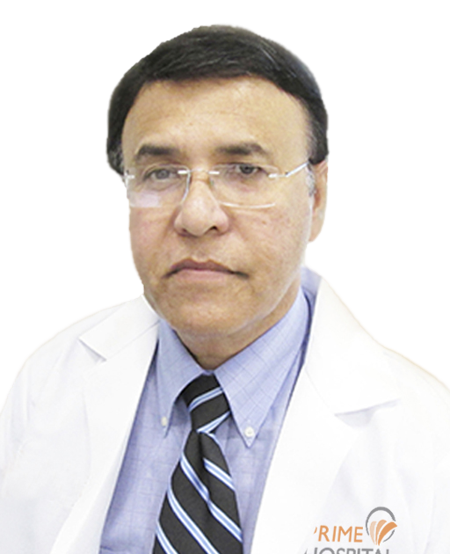
Treating Doctor
Dr. Khalid Chishti
Neuro surgeon- Vascular neurology, Epilepsy Disorder, Slip Disc Specialist, Cervical Cancer, Intraventricular Tumor Surgery, Cervical Cancer, Cervical Cancer, Cervical Cancer, Cervical Cancer, Brain Tumor, Astrocytoma, Cerebral Palsy, Dementias, Vertebroplasty, Brain and Spine Tumors, Brain Tumor, Disc Replacement ( Cervical /Lumber), Hydrocephalus, Cervical Cancer, Astrocytoma, Cerebral Palsy, Cervical Cancer, Vertebroplasty, Cervical Cancer, Astrocytoma
Prime Hospital, Dubai Dubai, United Arab Emirates
30 Years of Experience
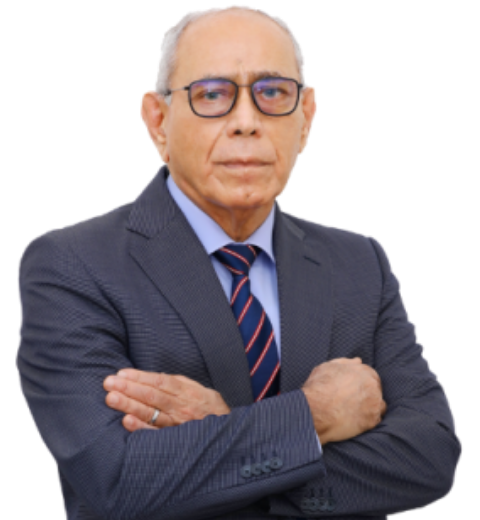
Treating Doctor
Dr. Sarmad Al Fahad
Neurologist- Clinical neurophysiology, Peripheral nerve, Epilepsy Disorder, Headache, Sleep Disorder, Migraine, Movement disorder, Parkinson's Disease, Headache, Management of Acute Stroke, Multiple Scelorsis treatment, Parkinson's Disease, Headache, Migraine
Burjeel Hospital for Advanced Surgery Dubai Dubai, United Arab Emirates
40 Years of Experience
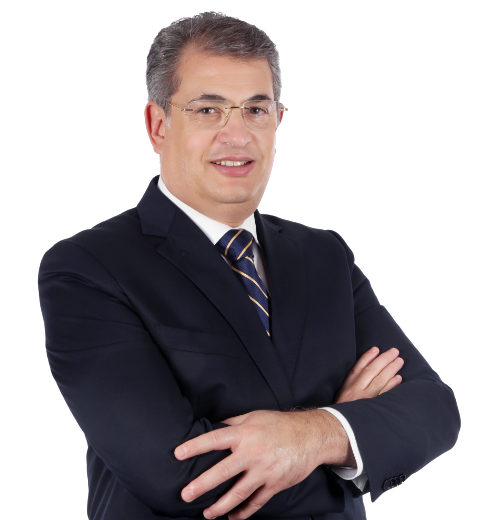
Treating Doctor
Dr. Amr El Shawarbi
Neuro surgeon- Epilepsy Disorder, Spinal Injuries, Stroke Specialist, Aneurysm Specialist, Mixed Gliomas, Brain Tumor, Focal dystonia, Dementias, Scoliosis, Spinal Tumors, Brain Tumor, Brain Abscess, Spondylosis, Disc Surgery, Spondylosis, Herniated Disc, Congenital Spine Abnormality, Lumbar Disc Herniation, Herniated Disc, Spondylosis, Scoliosis
Burjeel Hospital for Advanced Surgery Dubai Dubai, United Arab Emirates
28 Years of Experience
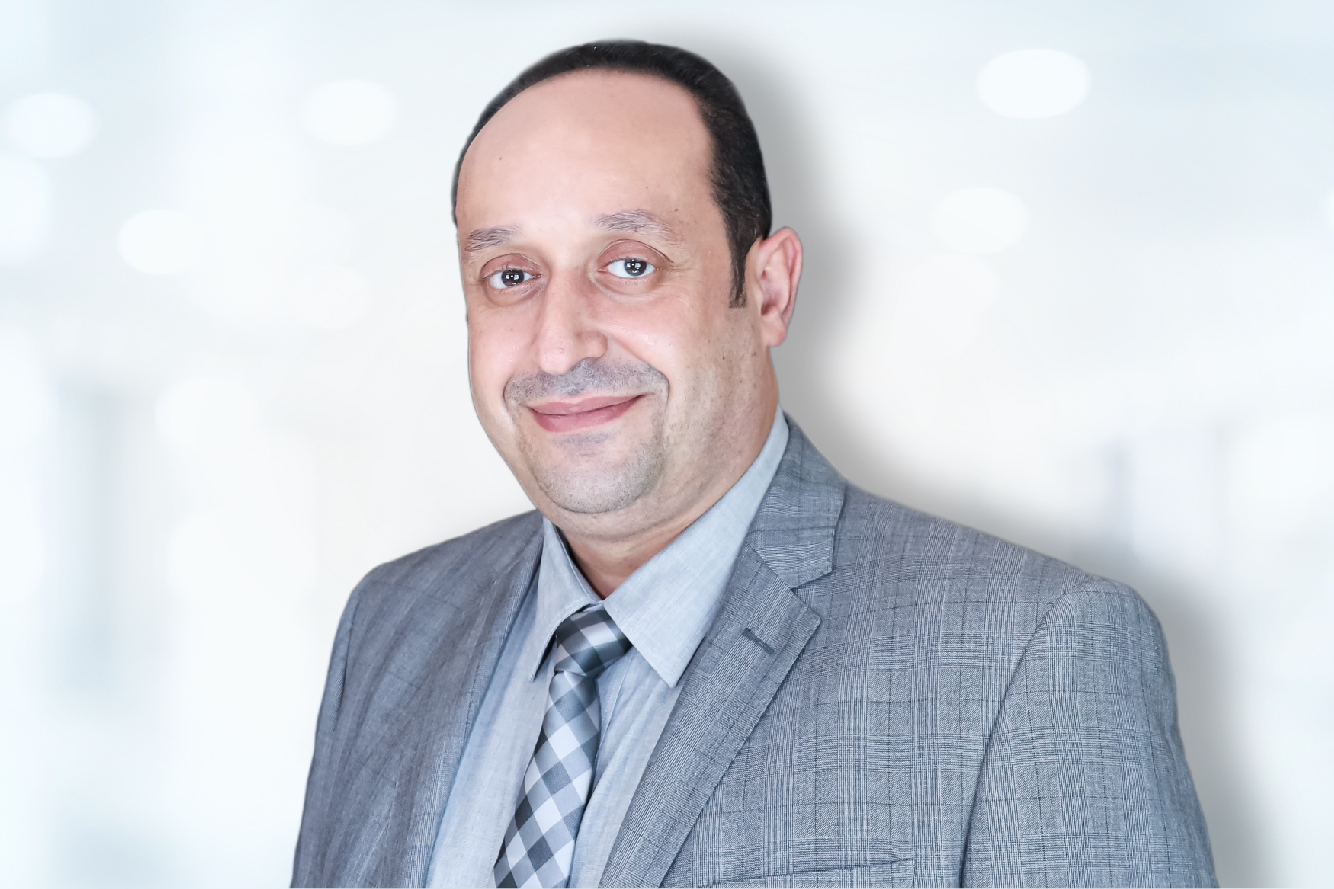
Treating Doctor
Dr. Mohamed Fouad Ibrahim
Neuro surgeon- Pain Management, Spine Surgery, Pain Management, Pain Management, Endoscopic Surgery, Spine Surgery, Endoscopic Surgery, Brain Tumor, Spine Surgery, Brain Tumor, Spinal Neuro Surgery, Pain Management, Spine Surgery, Back & Neck Pain, Pain Management, Spine Surgery, Spine Surgery
Saudi German Hospital, Dubai Dubai, United Arab Emirates
20 Years of Experience
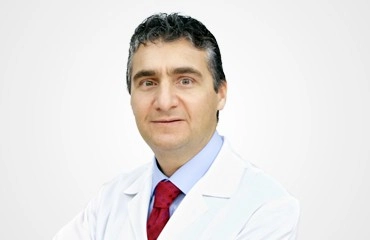
Treating Doctor
Dr. Mohammed Nooruldeen Jabbar
Neuro surgeon- Pain Management, Pain Management, Pain Management, Nerve Tumor Surgery, Cerebral Palsy Treatment, Cervical Biopsy, Craniotomy, Brain Surgery and Brain Aneursym Surgery, Kyphoplasty, Vertebroplasty, Skull based tumors, Skull Base Surgery, Cervical Biopsy, Pain Management, Spine Fusion, Cervical Spondylitis, Pain Management, Cervical Canal Stenosis, Lumbar Canal Stenosis, Vertebroplasty, Cervical Spondylitis
Canadian Specialist Hospital, Dubai Dubai, United Arab Emirates
18 Years of Experience
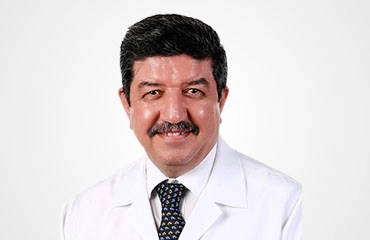
Treating Doctor
Dr. Imad Hashim Ahmad
Neuro surgeon,Spine Surgeon- Spinal Neuro Surgery
Canadian Specialist Hospital, Dubai Dubai, United Arab Emirates
35 Years of Experience
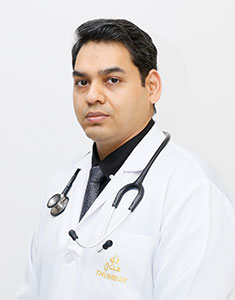
Treating Doctor
Dr. Vivek Karan
Neurologist- Peripheral nerve, Spinal Cord Injury, Epilepsy Disorder, Headache, Migraine Specialist, Migraine Specialist, Brain Specialist, Migraine Specialist, Interventional Neuro-Radiology, Parkinson's Disease, Headache, Multiple Scelorsis treatment, Parkinson's Disease, Headache, Back and Neck Pain Management, Memory Improvement Techniques
Thumbay Hospital, Dubai Dubai, United Arab Emirates
11 Years of Experience
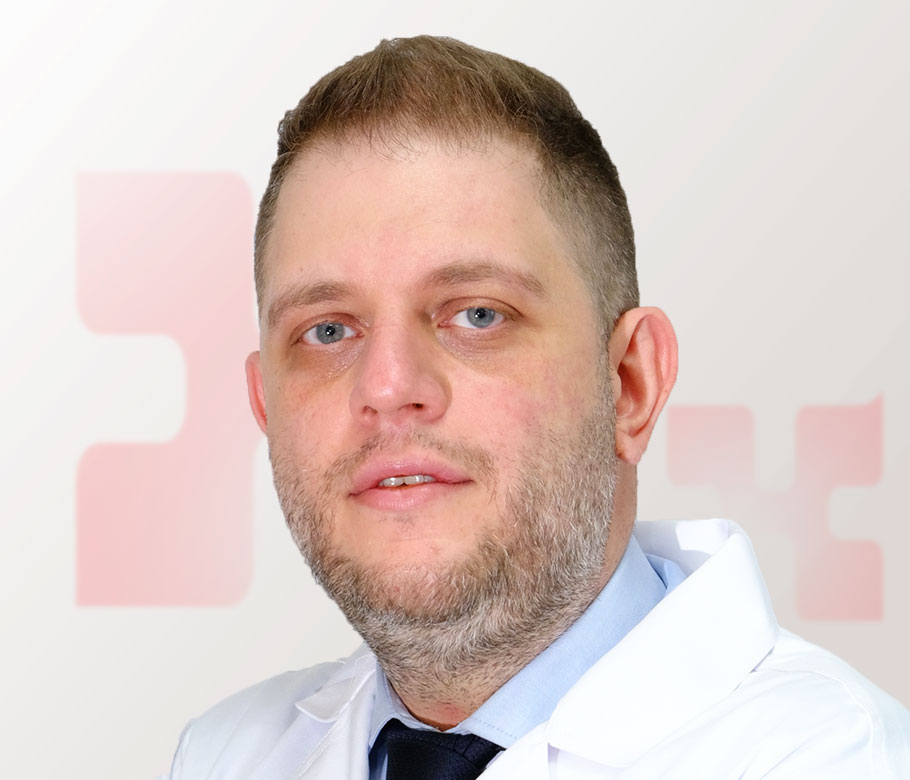
Treating Doctor
Dr. Pierre Yammine
Neurologist- Anxiety & Depression Specialist, Alzheimer Specialist, Epilepsy Disorder, Headache, Migraine Specialist, Migraine Specialist, Sleep Disorder, Vertigo Specialist, Anxiety & Depression Specialist, Migraine Specialist, Headache, Dementias, Neuromuscular Disorders, Movement Disorders, Multiple Scelorsis treatment, Neuromuscular Disorders, Headache, Back and Neck Pain Management
Dr. Sulaiman Al-Habib Hospital, Dubai Dubai, United Arab Emirates
18 Years of Experience
Similar Packages
Frequently Asked Questions
The price of a VP Shunt in the United Arab Emirates varies according on the facility. The total cost of the VP Shunt package typically covers all of the patient's pre- and post-operative costs. The costs associated with hospitalization, surgery, nursing care, medications, and anesthesia are typically included in the treatment cost. The cost of VP Shunt in the United Arab Emirates may go up if there are difficulties following surgery, a new diagnosis, or an extended hospital stay brought on by a delayed recovery.
In the United Arab Emirates, VP Shunt procedures are carried out in numerous institutions. Some of the most well-known hospitals in the United Arab Emirates for VP Shunt are as follows: Aster DM Healthcare Prime Hospital Canadian Specialist Hospital NMC Speciality Hospital, Al Nahda American Hospital
The patient may be responsible for certain costs that go beyond the cost of the VP Shunt. These are the daily meal plans and lodging arrangements outside of the hospital. The additional fees may begin at USD $50 per person.
The following are a few of the top cities in the United Arab Emirates for VP Shunt: Dubai's, Sharjah, Abu Dhabi
In the United Arab Emirates, VP Shunt is provided by over 18 hospitals. In addition to providing good infrastructure, these hospitals provide high-quality VP Shunt services. In addition to providing high-quality care, the hospitals are renowned for adhering to all legal and standard protocols as set forth by the regional medical affairs authority or organization.
In the United Arab Emirates, a number of physicians are accessible for telemedicine consultations with individuals in need of VP Shunt. Some of the top VP Shunt physicians in the United Arab Emirates who are available for video consultations include the following specialists: Dr. Mehandi Hassan Ansari Dr. Arif Khan Dr. Ajit Kumar Dr. Rahul Amunje Mally Dr. Shankar Ayyappan Kutty

